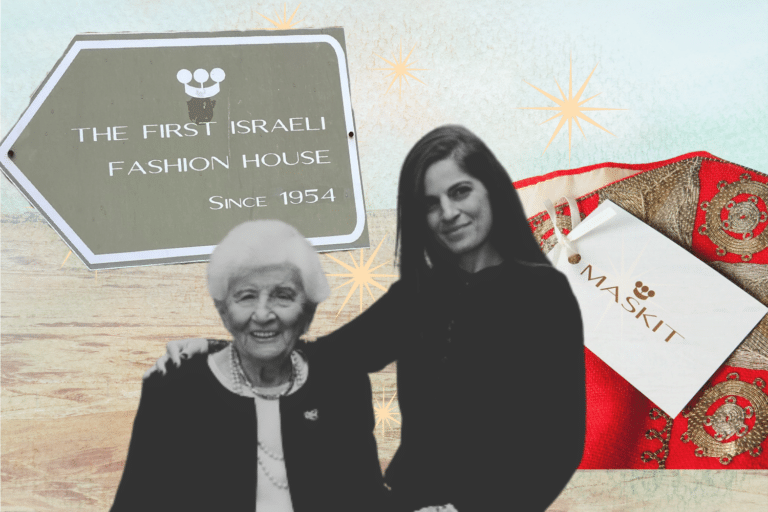
Chanel is to France like butter is to a croissant. The foggy, unpredictable temperatures of England are cozily wrapped in Burberry’s classic tartan check, and nothing says la dolce vita quite like Dolce & Gabbana. But what about Israel? Does this high-tech nation have a fashion legacy of its own? Indeed, it does, and its roots are deeply intertwined with the very establishment of the Jewish State.
Maskit, Israel’s first fashion house, was founded in 1954 by Ruth Dayan. While she is most commonly recognized as the first wife of Israeli military general and politician Moshe Dayan, Ruth was also a passionate activist. She launched a social welfare project through the Ministry of Labor aimed at providing employment opportunities for new immigrants to the emerging Jewish State.
Origins of Maskit
Initially, the plan was to train them in farming, but, during visits to their homes, Ruth discovered that many of these immigrants had skills in traditional craftsmanship, such as weaving and embroidery. Many of these immigrants had fled successful tailoring businesses in Europe after World War II and from Arab countries following the establishment of Israel. With the financial backing of the Israeli government, Ruth founded Maskit and enlisted the renowned Hungarian-born designer Adolfina “Fini” Leitersdorf as head of design to create something distinctly special.
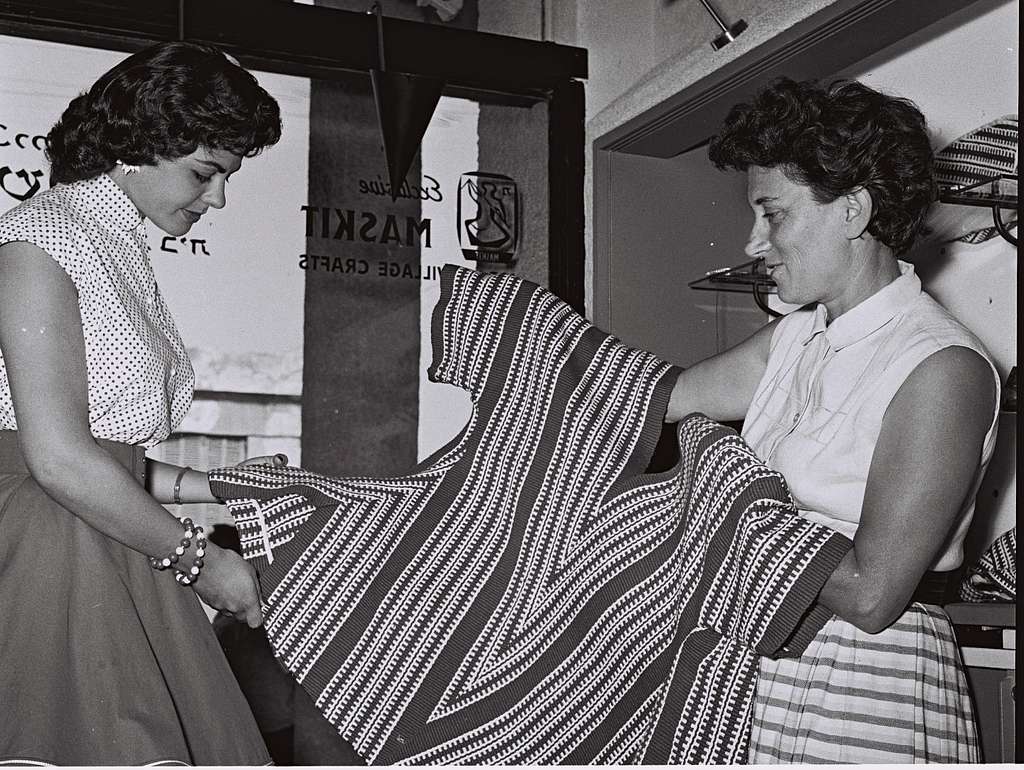
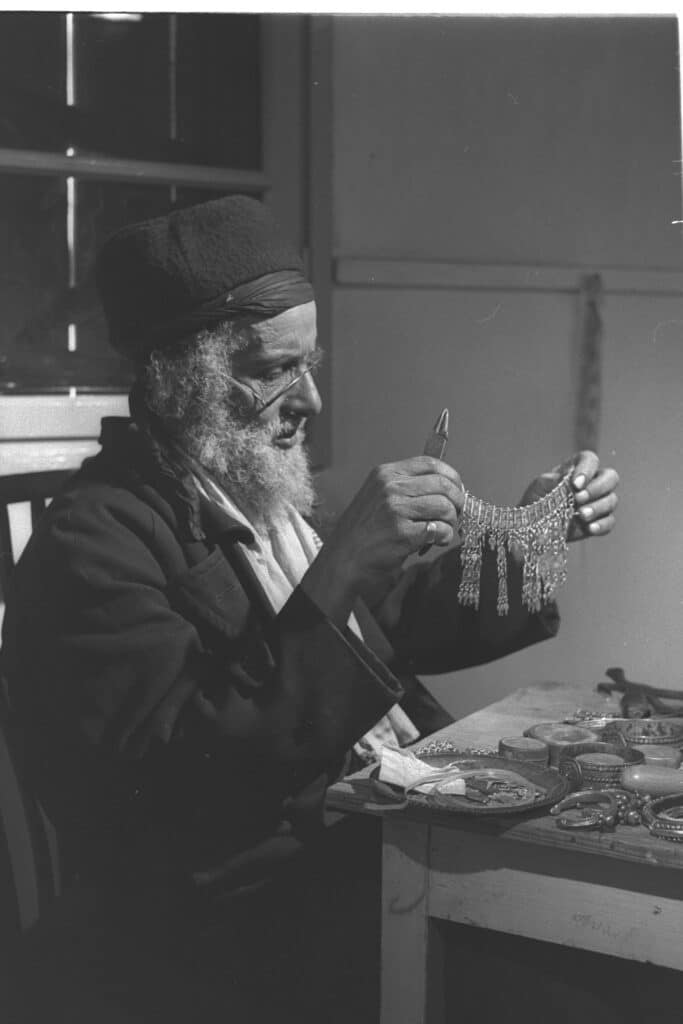
What made the initial Maskit pieces distinctly Israeli was Fini’s incorporation of modern luxury womenswear styles of the era with authentic elements made by Jewish immigrants from Morocco, Yemen, Algeria, and other parts of the Middle East and North Africa, inspired by their heritages. Some of the first and most unforgettable pieces, like the Desert Coat and Bedouin-style tunic, are still Maskit’s bestsellers to this day.
By the 1960s, Maskit had become one of Israel’s most celebrated exports, appearing in high-end department stores in the United States like Neiman Marcus and Bergdorf Goodman. Ever the Zionist, Ruth leveraged Maskit’s fashions at galas and fundraisers, particularly for Israel Bonds. At its peak, Maskit touted 10 stores across Israel, employed 2,000 people, and even graced the pages of Vogue.
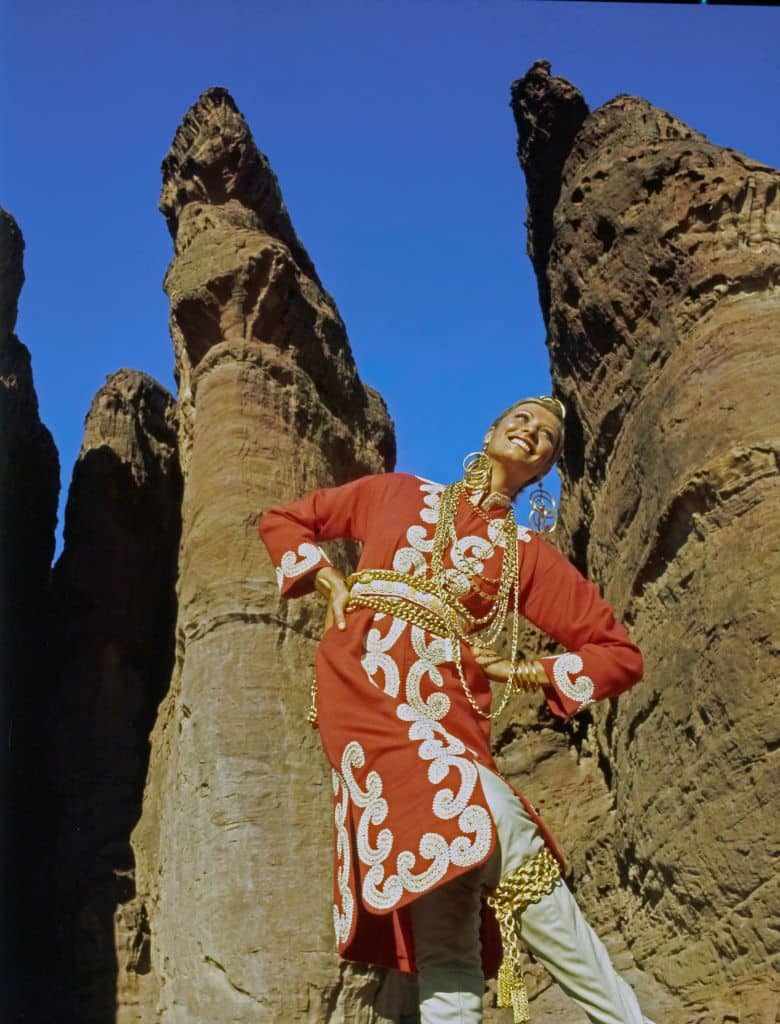
The next generation of the luxury brand
By 1994, a combination of economic shifts in Israel, such as rising inflation; changing consumer preferences; Dayan’s departure from daily operations; and reduced government support, led to Maskit’s closure.

Fast forward 20 years, and the brand was reborn under the leadership of another strong, design-savvy woman with a deep love for her country: Sharon Tal. After graduating from Israel’s prestigious Shenkar College of Engineering, Design and Art, Tal went on to intern at Lanvin for fellow Shenkar alum, Alber Elbaz. After her stint at Lanvin, she went on to intern at Alexander McQueen, ascending the ranks until she became the brand’s head of embroidery. After McQueen’s death in 2010, Sharon yearned to move back to Israel but wanted to remain in the fashion industry. That’s when she remembered Maskit. In a bold move, she reached out directly to Dayan, and the brand was reborn.
Tal has kept and modernized Maskit’s signature pieces, such as the desert coat using new materials and methods of production. The brand still uses premium natural fabrics but has shifted its focus on luxury as reflected in the higher-end materials used in their designs. Alongside traditional linen and wool, the brand has incorporated luxurious fabrics like silk, cashmere, and high-quality leather into its collections. The brand still embraces its cultural heritage. It has also done numerous collaborations with other local Israeli brands such as Holyland Civilians, Frett, and Justine.
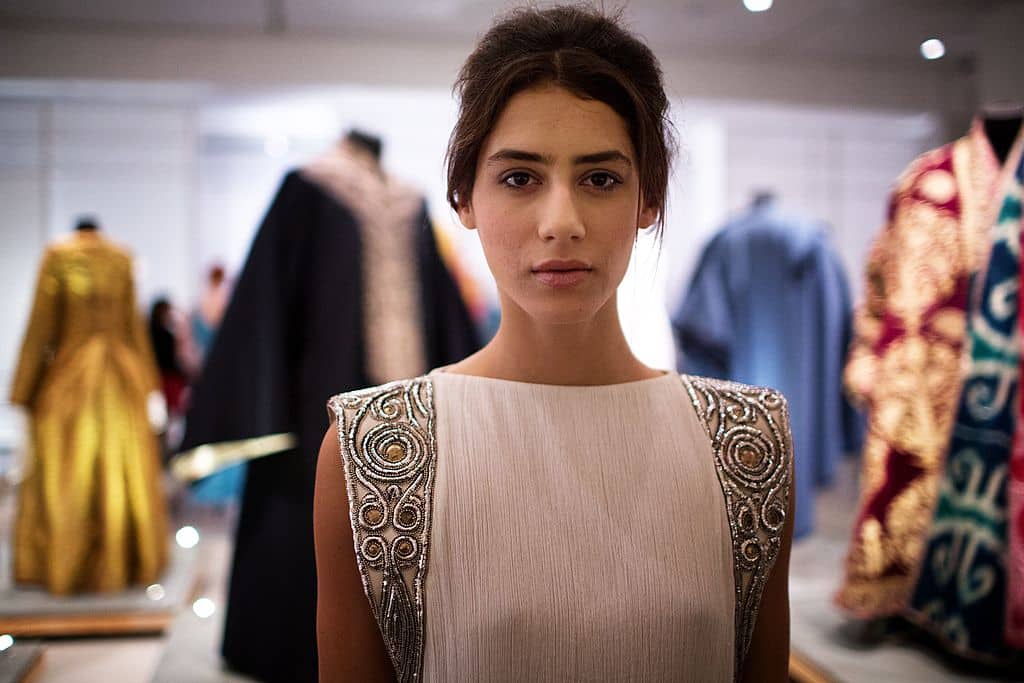
Today, Maskit’s ongoing accomplishments include four gorgeous boutiques in Israel, dressing celebrities like Jewish actress Sarah Jessica Parker for her character Carrie Bradshaw on the “Sex and the City” reboot “And Just Like That…,” and being carried by luxury e-commerce retailers Farfetch and Ssense. Maskit has even expanded beyond clothing, beginning to carry homeware.
Just as the Jewish people were exiled from their ancient homeland and later returned to rebuild their nation, Maskit’s closure in 1994 symbolized the loss of a cultural institution. However, like the Jewish return to Israel, Sharon Tal’s revival of Maskit in the 2000s — after her time at Alexander McQueen — marked a powerful rebirth, reconnecting with the brand’s legacy of blending modern luxury with Israeli craftsmanship. Maskit’s resurgence reflects Israel’s resilience and the reconnection to its roots.
Originally Published Feb 27, 2025 12:28PM EST

